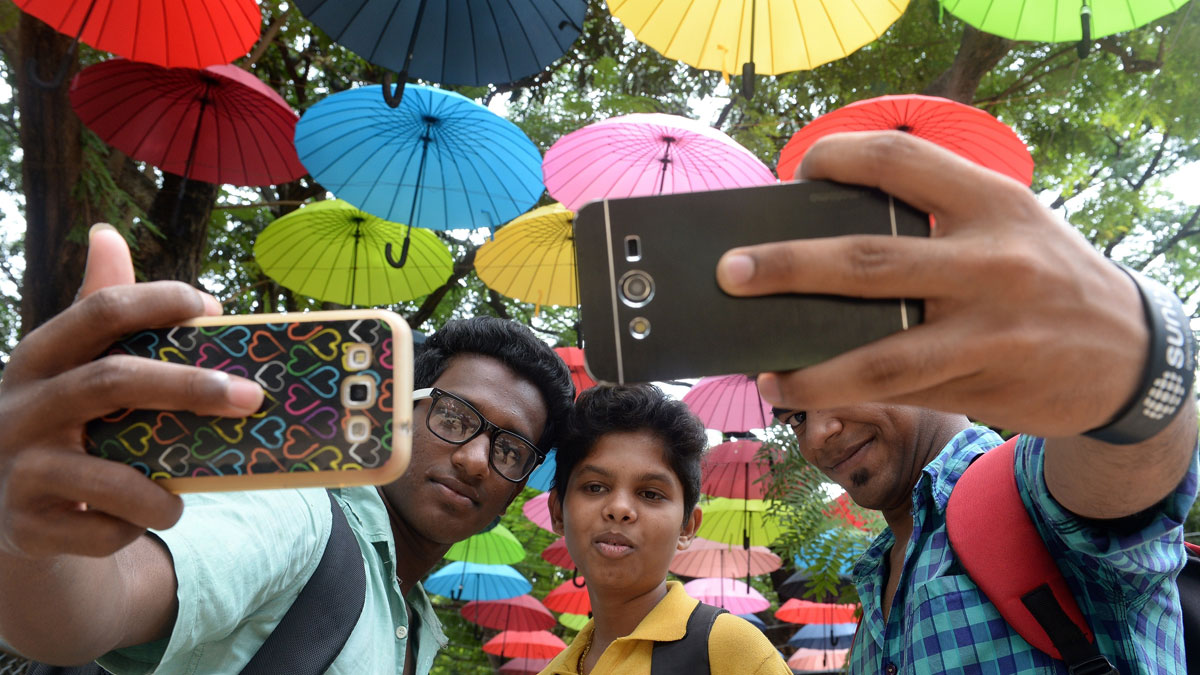Tourism rules can sometimes take a strange turn, as seen in the wacky crackdowns on tourist behavior in 2025. From selfie zones to fines for mobility scooter users, authorities around the world are implementing unique measures to manage the impact of tourism on local communities.
In an effort to control unruly behavior and protect historical sites, several popular tourist destinations have introduced designated “selfie zones.
” These areas allow visitors to take selfies without disturbing other tourists or damaging sensitive locations. One official explained, “
Selfie zones help us strike a balance between preserving our heritage and embracing modern culture.
”
On the streets of some cities, a new trend has emerged – cracking down on mobility scooter users. With the rising popularity of these devices among tourists with limited mobility, local authorities have started enforcing fines for reckless driving and misuse of scooters. A city official stated, “
While we welcome all visitors, we also need to ensure that everyone can enjoy our city safely.
”
Expert analysis reveals that these unusual measures reflect a growing tension between the benefits of tourism and its potential negative impacts on local communities. Dr. Sarah Lopez, a tourism researcher, explains, “
As tourist numbers continue to rise globally, destinations are grappling with ways to manage overcrowding and safeguard their cultural heritage.
”
Furthermore, these crackdowns highlight the evolving dynamics of travel behavior in the digital age. With social media platforms driving trends like selfie culture, destinations are forced to adapt quickly to changing visitor habits. Dr. Lopez adds, “
The era of ‘instagrammable’ travel experiences has reshaped how people interact with destinations, prompting authorities to rethink traditional approaches.”
While some may find these regulations amusing or excessive, they underscore the importance of balancing tourism growth with environmental conservation and local community well-being. As travelers navigate these new rules and restrictions during their adventures abroad, it’s clear that responsible tourism practices will play an increasingly vital role in shaping future travel experiences.
In conclusion, as we look ahead to the future of travel in a rapidly changing world, it is essential for both tourists and destination managers to collaborate effectively in preserving cultural heritage while ensuring unforgettable experiences for all. The weird yet necessary crackdowns on tourist behaviors serve as a reminder that responsible travel is key to sustaining our beloved destinations for generations to come.

